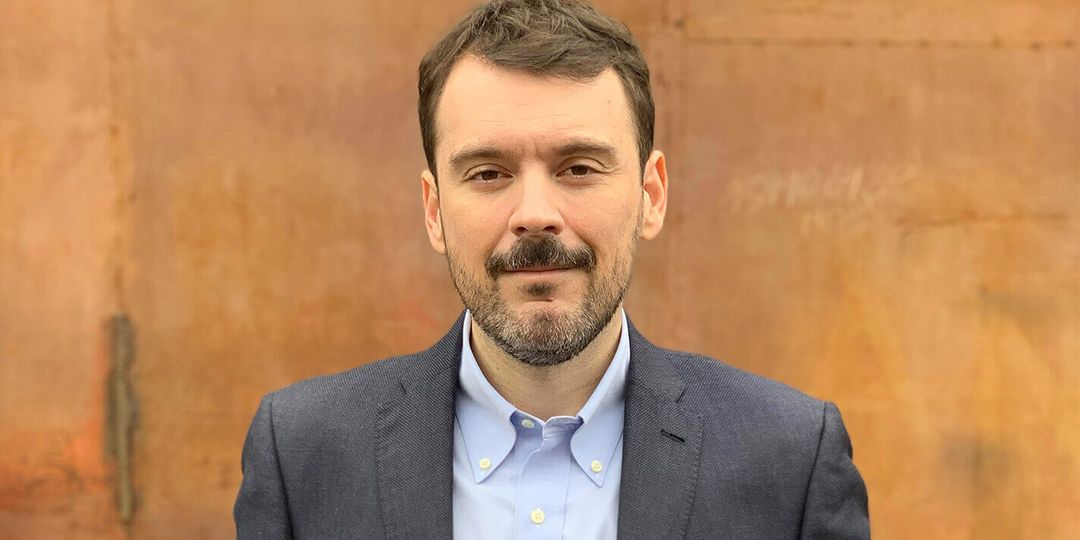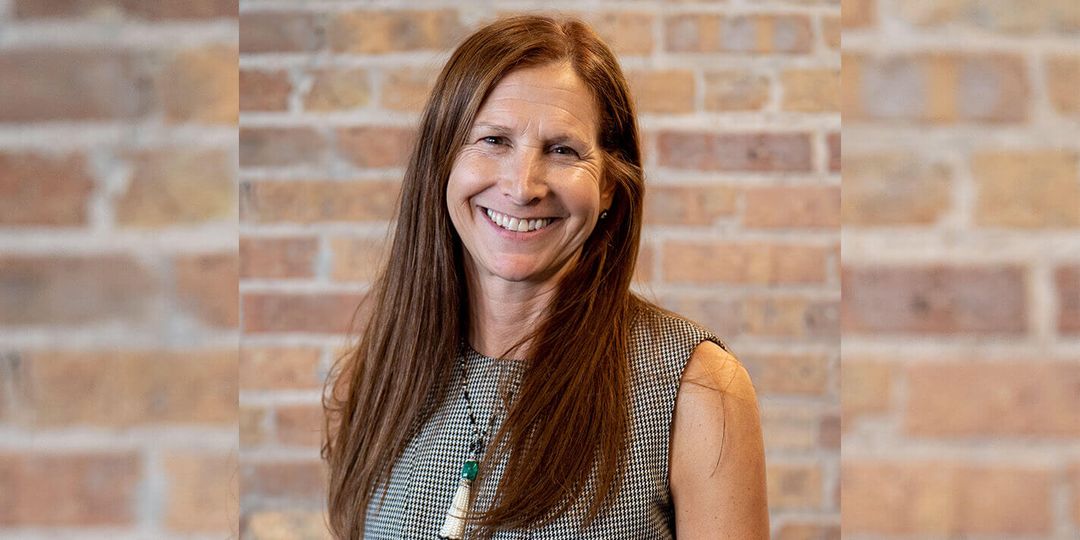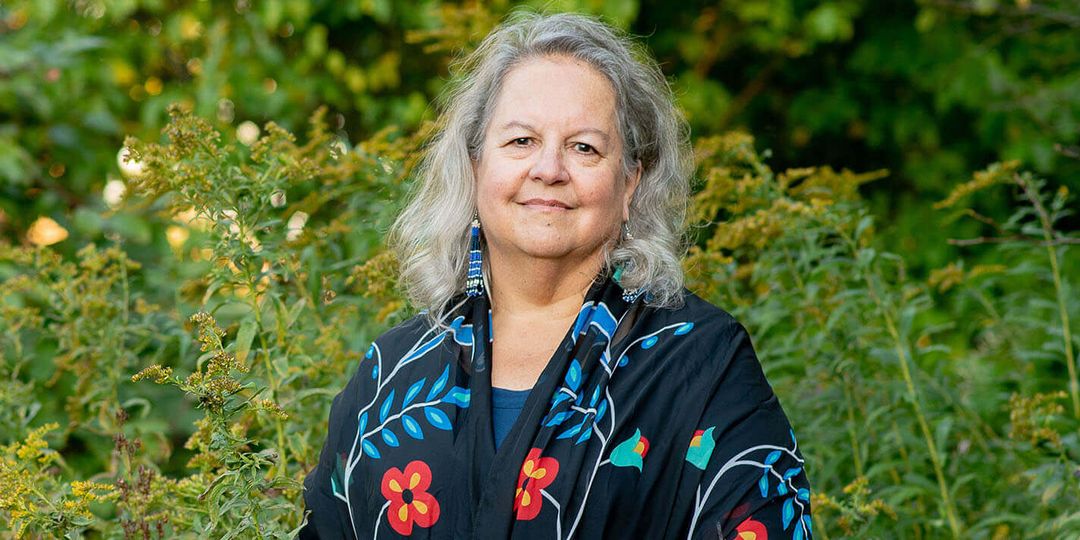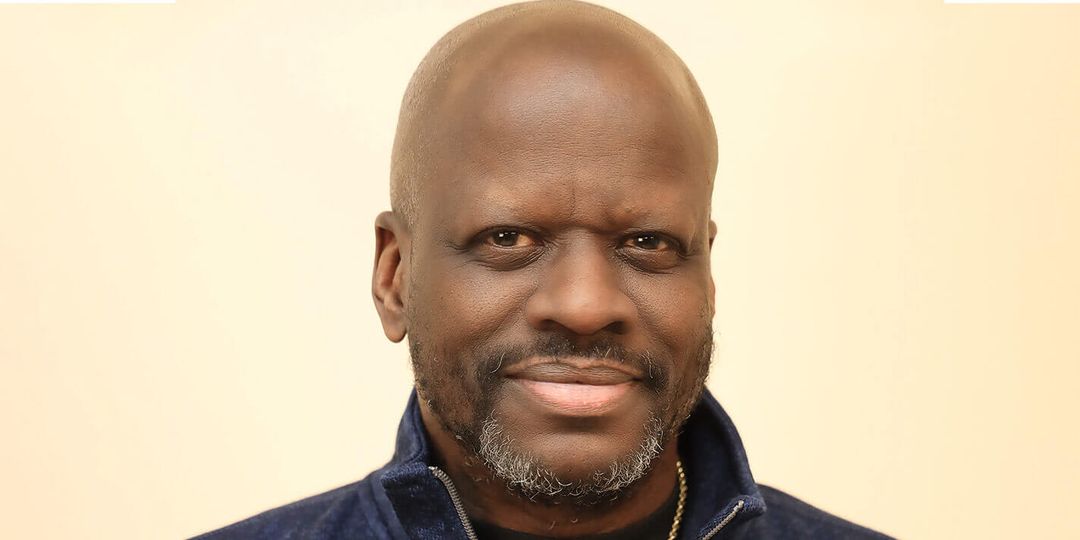UW Majors: International Relations, Political Science
President, Amed Khan Foundation
During a high-school history class in suburban New York, Amed Khan was introduced to the work of UW History Professor William Appleman Williams MS’48, PhD’50, who authored one of the first books to openly critique the United States as an imperialist power. It caused a stir in academic and bureaucratic circles in the 1960s, and Khan was curious about the kind of place that would encourage, rather than stifle,thinkers like Williams.
So, Khan moved to Madison to see for himself. “I was kind of a free spirit, and I didn’t want to live a typical life,” Khan says. “I thought Madison was the perfect place for someone like that. It was everything I thought a university should be — you could sort of get lost and do zillions of different things and study just about anything.”
For Khan, studying came less in the form of sitting in class and doing his homework and more by pestering professors during their office hours to talk about big ideas and ask hard questions about the world. He went on walks around campus with political science professors Robert Booth Fowler and Donald Downs, and on their advice, Khan sought out opportunities to get involved in politics. He joined Bill Clinton’s presidential campaign two weeks after graduation, and when Clinton won, Khan became the special assistant to the director of the Peace Corps, where his responsibilities included serving as liaison to the White House, with a desk in the West Wing.
Almost immediately, he realized he wanted to be in the field instead. In 1995, Khan jumped at a chance to conduct a site survey in Georgia in the midst of national conflict. “The U.S. embassy was in a trailer, and there was gunfire 24/7. It was in the middle of winter, with no electricity or heat,” he says. “I loved it.”
Khan shifted to the International Rescue Committee and moved to Tanzania to help refugees fleeing Rwanda. He then bounced between government and NGO positions for a few years — and also began to dabble in investing in order to generate the resources he needed to make a direct impact his way, without the constraints of a larger institution. Those efforts soon evolved into a private investment firm.
Since then, Khan has been on the ground during every major humanitarian crisis. He’s traveled to 185 countries and worked directly in more than sixty. In recent years, Khan has emerged as the most prominent and effective private-aid coordinator in active conflict areas, including Gaza, Ukraine, Syria, Iraq, and Afghanistan. He personally conducts multiple, complex, high-stakes operations that include large-scale evacuations, supply runs, and refugee housing efforts.
For example, in 2021 Khan flew into Kabul during the chaotic withdrawal of U.S. forces in order to rescue two Afghan children of an American government employee. While there, he was contacted by dozens of Afghani women who were scrambling to leave. For help, he reached out to Ukrainian President Volodymyr Zelensky, who sent in Ukrainian special forces to evacuate hundreds of female judges, lawyers, legislators, and other professionals, many of whom now live in Canada. Khan also personally chartered flights out of Kabul.
Khan also cofounded Elpida Home in Thessaloniki, Greece, which houses refugees on their way to homes in the European Union.
Khan’s atypical life has practically taken a page from a book by Williams, the source of his original inspiration. “Tragedy is a tool for the living to gain wisdom, not a guide by which to live,” wrote Williams in The Tragedy of American Diplomacy. “The way is to [submit yourself to] the destructive element, and with the exertion of your hands and feet in the water, make the deep, deep sea keep you up.”






